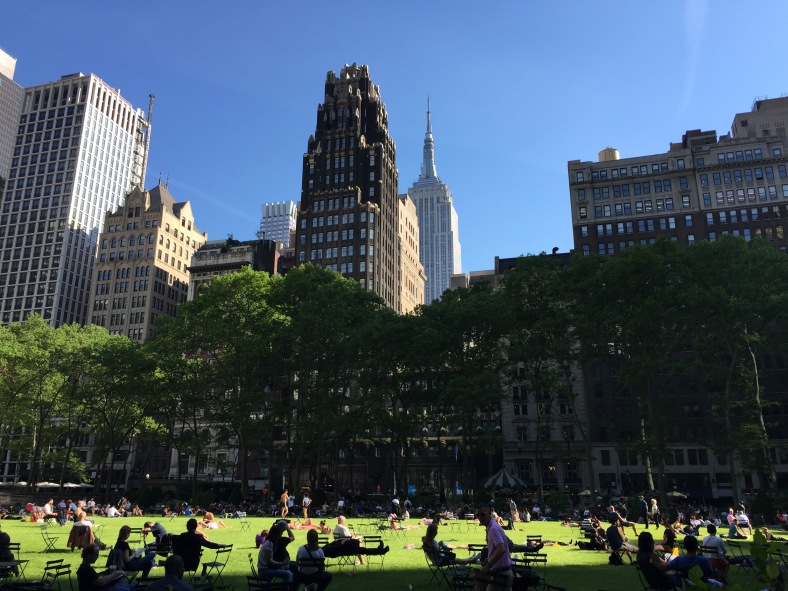Three years ago I suggested that we use the Labor Day holiday as a catalyst to begin a national conversation about work.
A lot has happened in those three years, but for the most part, the American worker is in about the same place they were then when USA TODAY led with this headline: “Labor Day by the Numbers: Americans Can’t Stop, Won’t Stop Working”. The updated numbers from CNN: “768 million days went unused in 2018, a 9% increase from 2017. Of those, 236 million were completely forfeited, which comes out to $65.5 billion in lost benefits.Fifty-five percent of workers reported that they did not use all of their vacation days.”
We are spending more time @work and less time considering why.
Out of necessity we maintain a laser focus on our own career goals, spending most of the 365 days a year securing our future as best we can in an ever changing workplace. What if we just took one of those days to consider the workplace issues we face as part of a larger context?
The Labor Day holiday was originally conceived as “…a creation of the labor movement and is dedicated to the social and economic achievements of American workers. It constitutes a yearly national tribute to the contributions workers have made to the strength, prosperity, and well-being of our country.” *
What better way to offer a tribute to the American worker than to engage in a national discussion that restores respect and considers the reality of today’s workplace?
This is not a political issue. It’s a human dignity issue. Rather than divide, this conversation should unite us.
Access to education and a right to work are fundamental American values. It’s how we define ourselves when asked ‘what do you do?’. Imagine the despair for those with no answer.
It’s time to reestablish the voice of the American worker and address both the barriers to workplace entry, and the challenges @work once you arrive.
Share your ideas @workthoughts.com #LetsTalkAboutWork!
(*original quote from the U.S. Department of Labor site which no longer seems to be working.)


